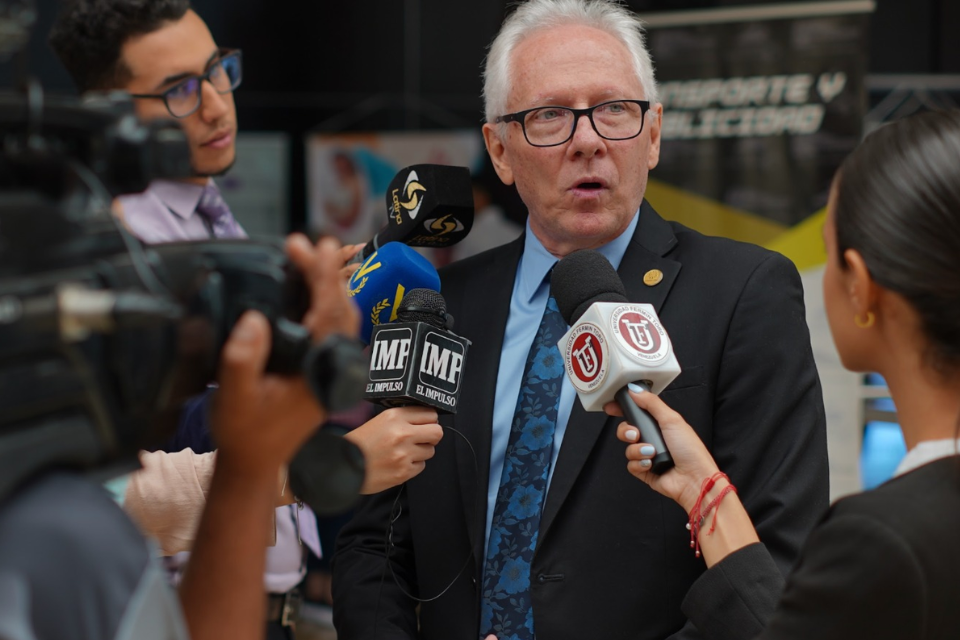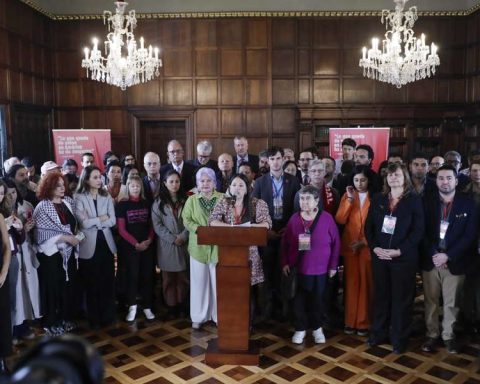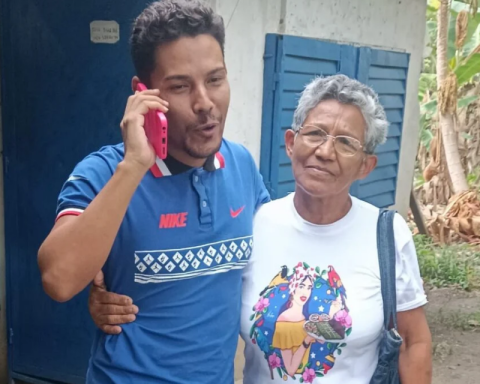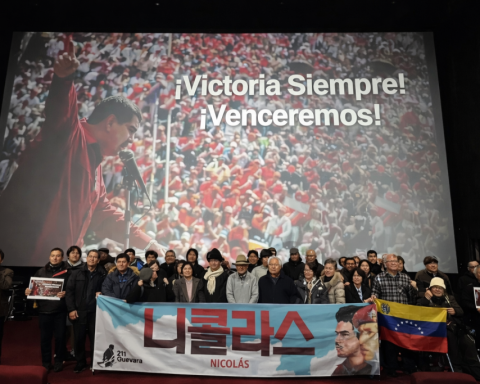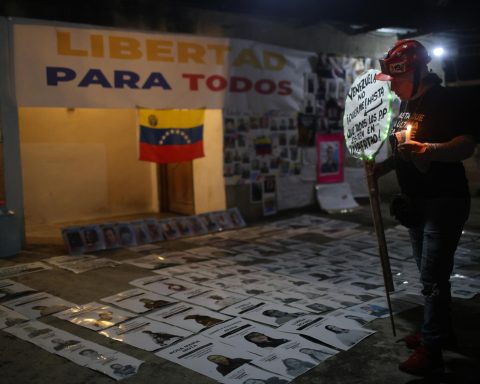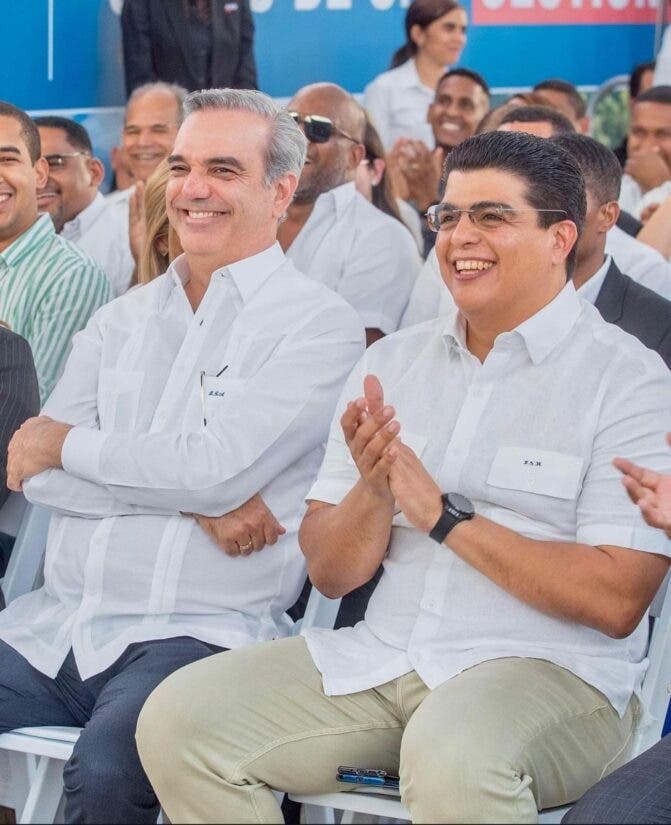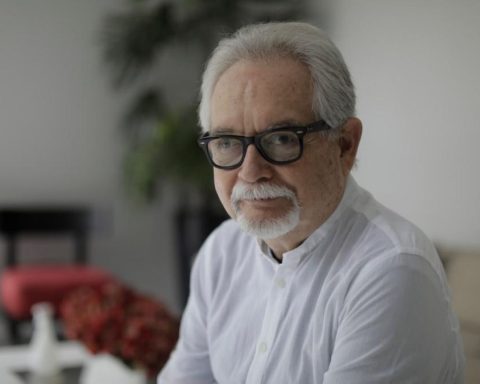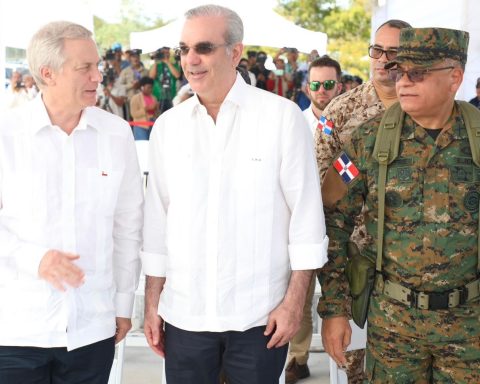The Conindustria 2024 Congress not only promoted the exchange of ideas and experiences, but also reaffirmed the commitment of the Venezuelan industrial sector to sustainability and innovation. There were eight proposals presented
Conindustria held the 2024 Congress entitled “Innovation and Sustainability: The Future of the National Industry” in Barquisimeto, Lara state, where prominent experts, industrial leaders and representatives of the Venezuelan government proposed sustainable practices framed in the development of the circular economy in the country.
The president of Conindustria, Luigi Pisellahighlighted the importance of the circular economy as an essential approach for the Venezuelan industry.
Pisella emphasized the relevance of proposing public policies that promote the sector, a set of strategic actions that Conindustria presented during the event.
The congress featured the participation of renowned speakers, including Freddy Arraiz, an expert in strategies, operations and business, who explained that at this moment Venezuela is at the bottom of the World Bank’s economic table, but has the advantage of being a latent potential which could be leveraged to substantially improve their situation.
Likewise, he considered that the highest and noble objective is for the domestic structure to be transferred to a State policy, which does not depend on the decision-makers in power. He stressed that it is necessary to awaken national logistics awareness, there is a need for in-depth training in national logistics awareness, which also builds a higher standard.
Eight public policy proposals to strengthen the industrial fabric
Luigi Pisella was responsible for presenting the public policy proposals addressed to the Executive Branch to the country. This block of the event brought together representatives of the industrial sector and the national government, such as the Minister of Industry and National Production, Alex Saab; the Vice Minister of Export Promotion, Johan Álvarez; the Minister of National Commerce, Luis Villegas Ramírez; and the president of the Bank of Venezuela, Román Maniglia.
Conindustria’s proposals are aimed at overcoming the main challenges of national manufacturing and generating conditions that promote sustainable and competitive development:
Consensus macroeconomic stabilization plan: an infrastructure plan to improve basic services and an exchange rate policy that closes the gap between the official and parallel exchange rates, helping national companies to offer more competitive prices.
Adaptation of the Organic Labor Law (Lott): The reform of the Lottt was proposed, with short-term measures to incorporate workers, employers and the government. Pisella stressed the need to modify the utility system to give recognition to workers and guarantee a pension law that ensures a dignified retirement.
Science, technology, innovation and education: Conindustria proposed the incorporation of technologies in educational processes to promote digital competence. In addition, it advocates resuming the 2010 scheme of the Organic Law of Science, Technology and Innovation (Locti), in order to stimulate science and technology in the productive sector.
Support for SME entrepreneurship: The proposal includes the creation of a special financing system for SMEs, simplifying the administrative procedures for their creation and development. Pisella pointed out that SMEs require different regulations than large companies and requested policies that eliminate bureaucratic barriers and promote their growth.
*Read also: Conindustria: We do everything possible so that politics has little impact on the economic part
Environmental sustainability: In alliance with the Al-Invest Verde program of the European Union, Conindustria promotes the project “Sustainable Manufacturing: The Future of the Circular Economy in Venezuela”, aimed at creating policies and programs to stimulate sustainability. Pisella emphasized that these efforts require the support of the national, state and municipal governments, without increasing the tax burden for companies.
Reinsertion of Venezuela into global trade: Pisella highlighted the need for a Single Window for Foreign Trade and the reincorporation of Venezuela into the Andean Community of Nations (CAN), as well as the creation of financing mechanisms for exports. This approach seeks to align trade policy with the country’s productive capabilities and allow companies to compete in the international market.
Combat illicit trade: One of the most serious problems that affects the Venezuelan industry is informal trade. Pisella mentioned that the informality rate in 2021 reached 47.5%, which generates unfair competition for formal producers. He called for greater oversight over smuggling and advocated for consumer education about the regulations that products must comply with.
Fiscal stimuli: Pisella highlighted the high tax burden faced by companies in Venezuela, which reaches 52% of their profits, above the global average of 46%. He proposed a special contribution scheme of $10 per month that would include informal workers and suggested that tax fines not exceed double the amount owed. He also recommended reactivating the Tax Harmonization Council and simplifying the administrative burden for taxpayers.
With information from a press release.
Post Views: 159
